Since moving to Aberdeen, Soran Xurmale rarely leaves home without his camera.
Even as we sat chatting over coffee on Upperkirkgate, he laughed and admitted his Canon EOS M6 was sitting at his feet.
“I take it everywhere,” he added.
In the past, Soran – who was born in Kurdistan, Iraq – has been many things. These include a reluctant soldier, a bass guitar player and a journalist.
However, one thing he has always been passionate about is the importance of art, history and capturing culture.
And he has often dabbled with photography to help do that.
It was not until Soran moved to Aberdeen in 2016 however that his love for the hobby returned in full force and his dabbling eventually turned him into a culture champion of the city.
‘My photos help me to connect and display Aberdeen’s beauty’
When he moved to Aberdeen, inspired by the city’s history and landscape, the father-of-two used his photography talents to capture the beauty of Aberdeen.
After sharing them online on Aberdeen in Colour for the last few years, Soran has become a familiar and positive figure sharing photos of the city with locals, tourists and friends and family in the Netherlands and Kurdistan.
“I love and enjoy sharing my photos on the Facebook group Aberdeen in Colour because it allows me to connect with a community that appreciates the unique beauty and history of Aberdeen,” Soran said.
“Aberdeen has a rich tapestry of architecture, culture and natural landscapes.
“Through my photography, I aim to highlight these elements in a way that resonates with both locals and those unfamiliar with the area.
“By showcasing Aberdeen’s buildings and their stories, I hope to deepen people’s connection to the city, sparking curiosity and appreciation.”
Childhood in Kurdistan: ‘We were living in a totally different world’
Soran was brought up near Halabja in the Kurdistan region of Iraq with four sisters and five brothers.
He was nine years old when the war started between Iraq and Iran in 1980.
With much of his upbringing done in the shadow of Saddam Hussein‘s reign and war, Soran said: “I didn’t have a childhood.
“It wasn’t playing in the playground, I didn’t have that time.
“If you were to ask me about my time as a teenager I didn’t feel I had this.
“We were living at that time in a totally different world, a very closed world.”
When his family moved from Khurmal to the city of Sulaymaniyah, Soran went to study veterinary medicine.
He remembers the day soldiers interrupted his lessons and forced everyone to sign a document to show their support for Saddam Hussein’s party, the Ba’ath Party.
Recounting one time when he was taken away by soldiers and physically attacked, Soran said it was terrifying: “If Saddam Hussein or his soldiers knew you were anti-Saddam Hussein, he would send soldiers to destroy your house and kill your children.
“White socks were not allowed because he said these socks were not for men, they were for women.
“Any time it was easy for my country to kill you.”
The realities of living through the Ba’ath Regime
Despite the realities of life in Kurdistan at this time, Soran managed to pursue his love of music by joining a band aged 14, playing at festivals and winning awards.
Also having a passion for writing, he wrote poems for Kurdish newspapers from a young age and published his first book of poetry and interviews called Alf in 1992. He later picked up photography and helped run a newspaper in his home town.
But at 20, Soran was one of many forced to sign up and fight.
With only one month’s training, he was handed a Kalashnikov rifle which he did not know how to use and sent to fight in the over-running of neighbouring Kuwait.
“I was fighting for something that is not mine,” he said. “Why should I and why should people go and kill people for Saddam Hussein? It was very difficult.”
The invasion of Saddam triggered a worldwide trade embargo against Iraq at the time. He ignored appeals to withdraw his forces and on January 16 1991, the Persian Gulf War began.
It ended six weeks later when Iraq’s armies were driven out of Kuwait triggering internal rebellions from Shi’is and Kurds.
However, Saddam cracked down hard on these uprisings and caused thousands to flee to refugee camps.
As more Kurds were tortured, murdered and disappeared in the regime’s prisons, Soran, who was running a newspaper in Khurmal, was forced to flee.
‘Aberdeen truly feels a part of me now’
Losing grandparents, a cousin and loved ones and also his home after it was destroyed, Soran said: “I chose a different life. Well, I didn’t choose, life chose for me. I had to leave.
“We lost everything. Through life, I lost my identity. But I chose to live a better life. For example, I chose to love and got married.”
Soran eventually settled in the Netherlands where he got married and had two daughters.
However, needing a change, in 2016 the 53-year-old travelled to the “wonderful” city of Aberdeen.
Speaking of his love for the city, he said: “Although I’m not originally from Aberdeen, I’ve developed a deep affection for the city over the past eight years.
“The friendly locals and the comfortable atmosphere have made me feel right at home.
“I’ve formed strong bonds with the community and treat this city as my own, respecting its customs and laws. Aberdeen truly feels like a part of me now.”
Enjoying showing the history of Aberdeen and the “strong Scottish” people who built it, Soran, who is a Kurdish activist, said often Kurds feel a comradeship with Scots who are looking to achieve independence.
While the realities of both people and causes are very different, Soran enjoys using photography to educate other Kurds on Scottish culture and also advocate for the rights of Kurdish people.
Soran Xurmale dreams to open an art cafe in Aberdeen
Having witnessed the importance of art and creativity in every stage of life, Soran’s dream is to make that accessible to everyone in Aberdeen by setting up an art cafe.
He is currently working on a memoir of his life and a business plan to open a creative hub in Aberdeen which offers community and a place where artists can display their work.
When asked why he believes art is so important, Soran said: “Art plays a crucial role in our lives as it enables self-expression, nurtures creativity, and connects us to emotions and experiences beyond our daily routines.
“It also serves as a mirror of culture and identity, providing fresh perspectives and promoting empathy and understanding among diverse groups.”
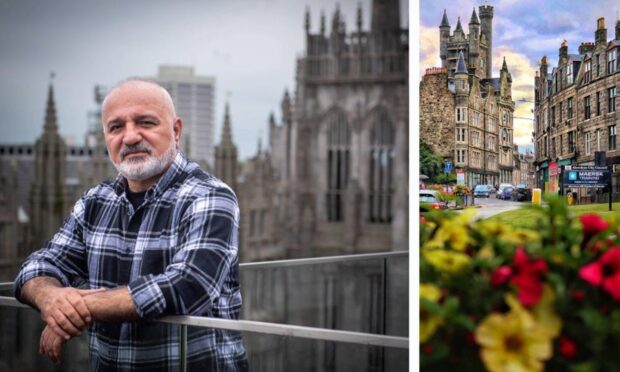
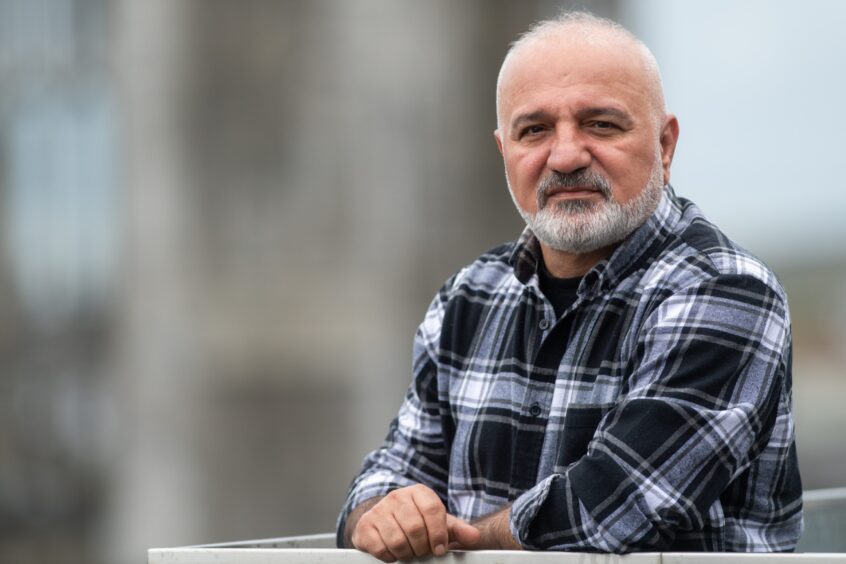
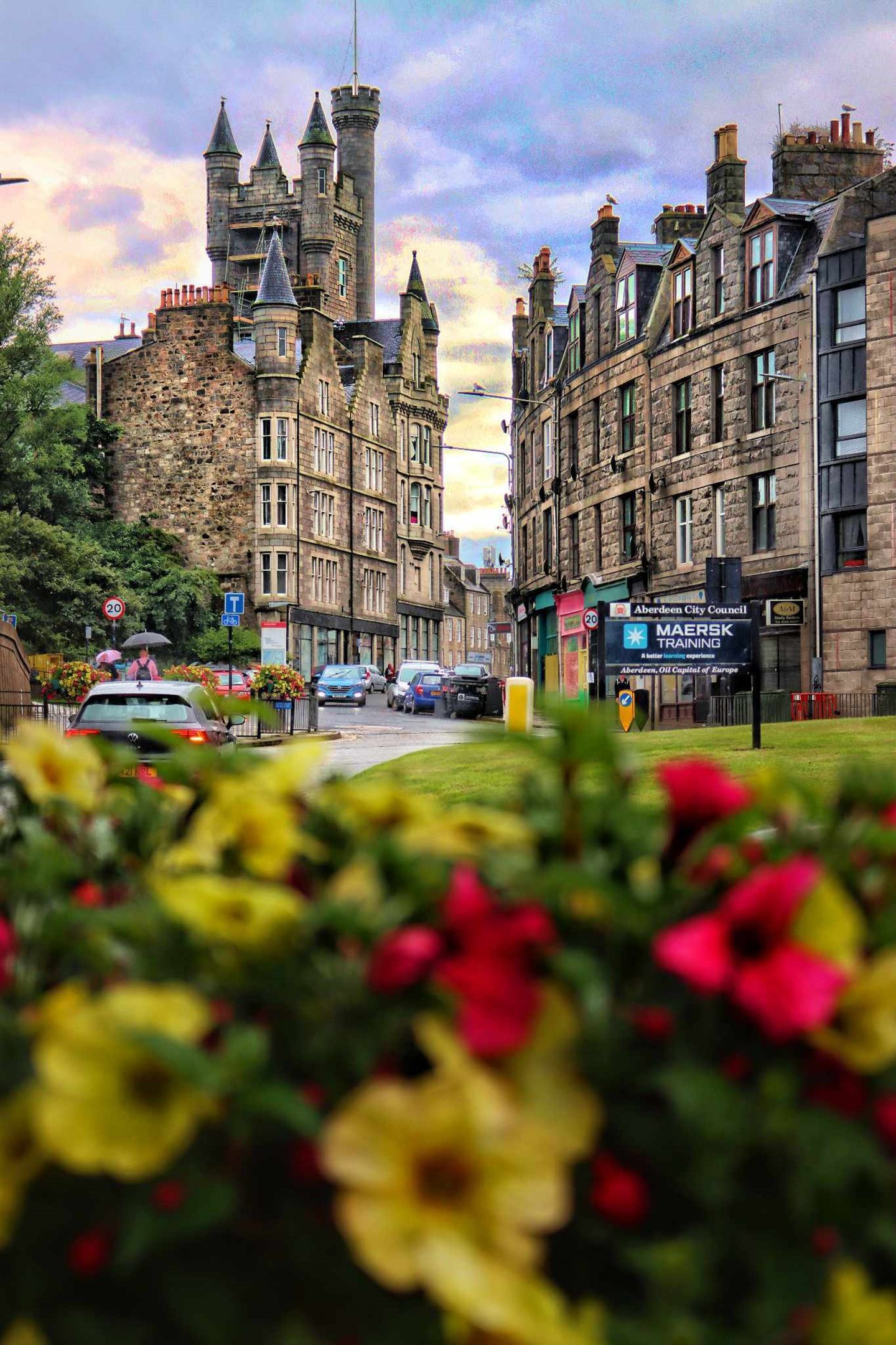
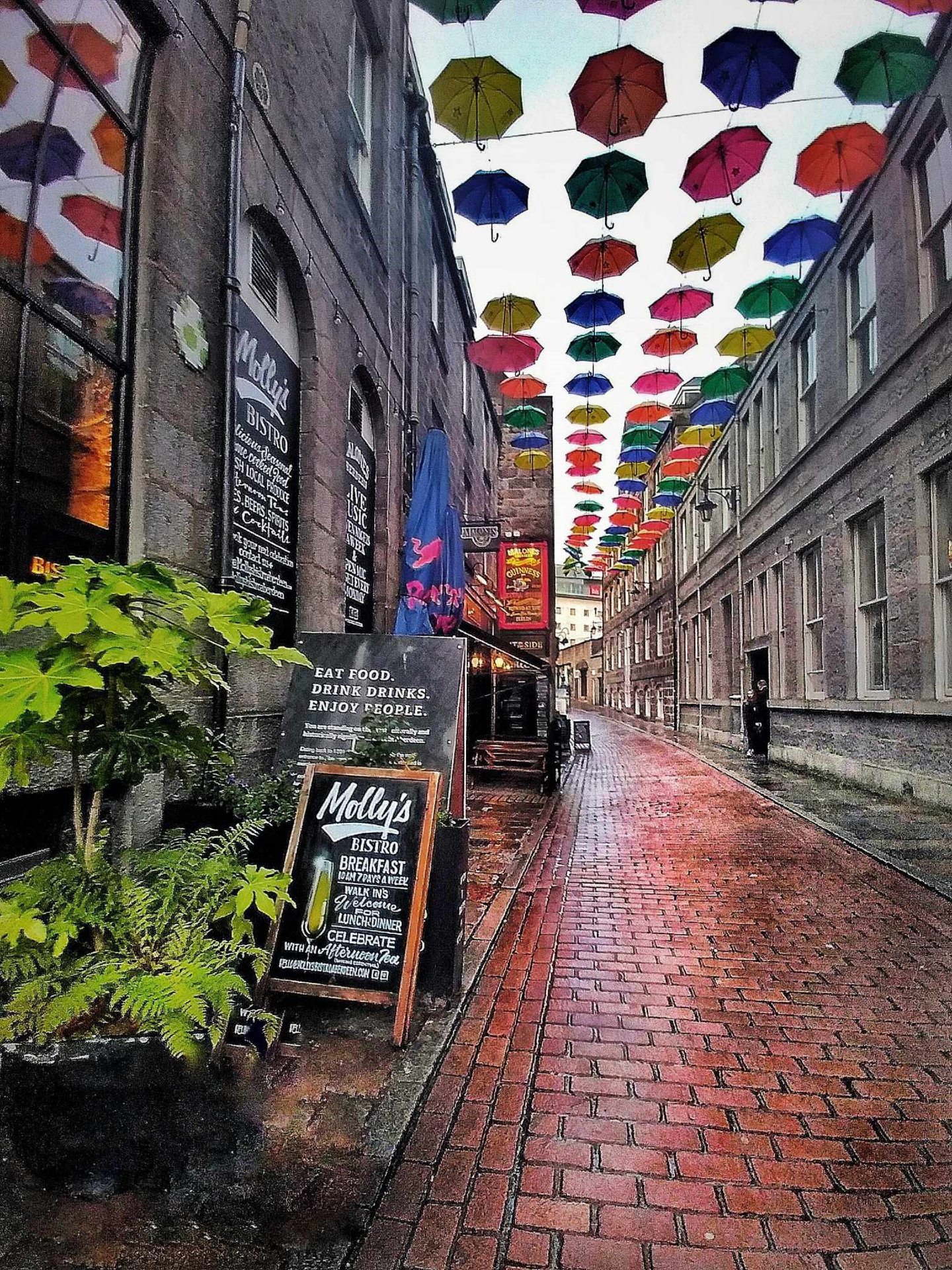
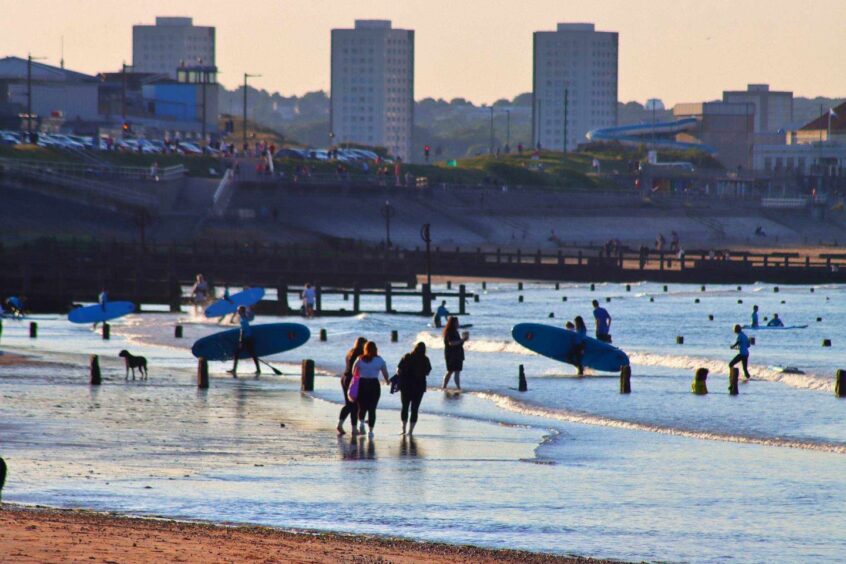
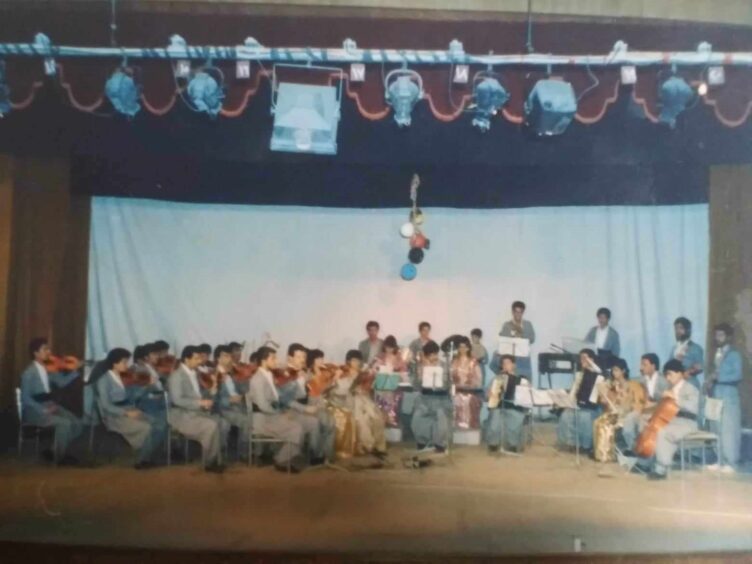
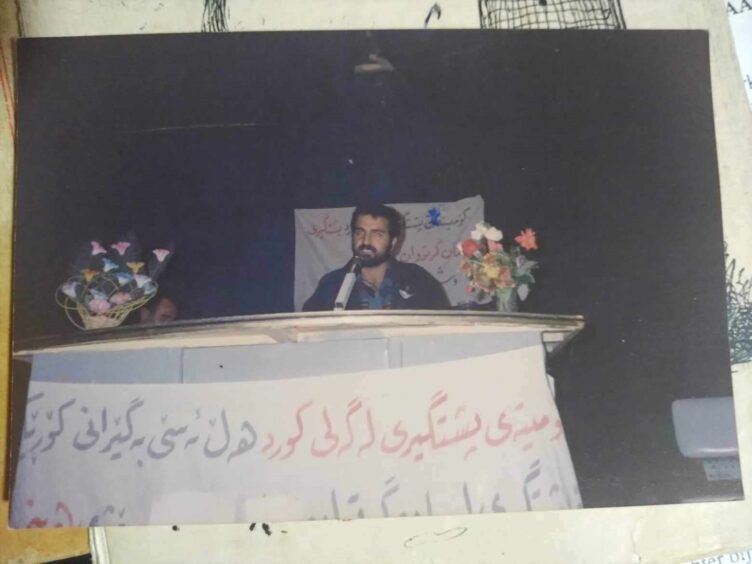
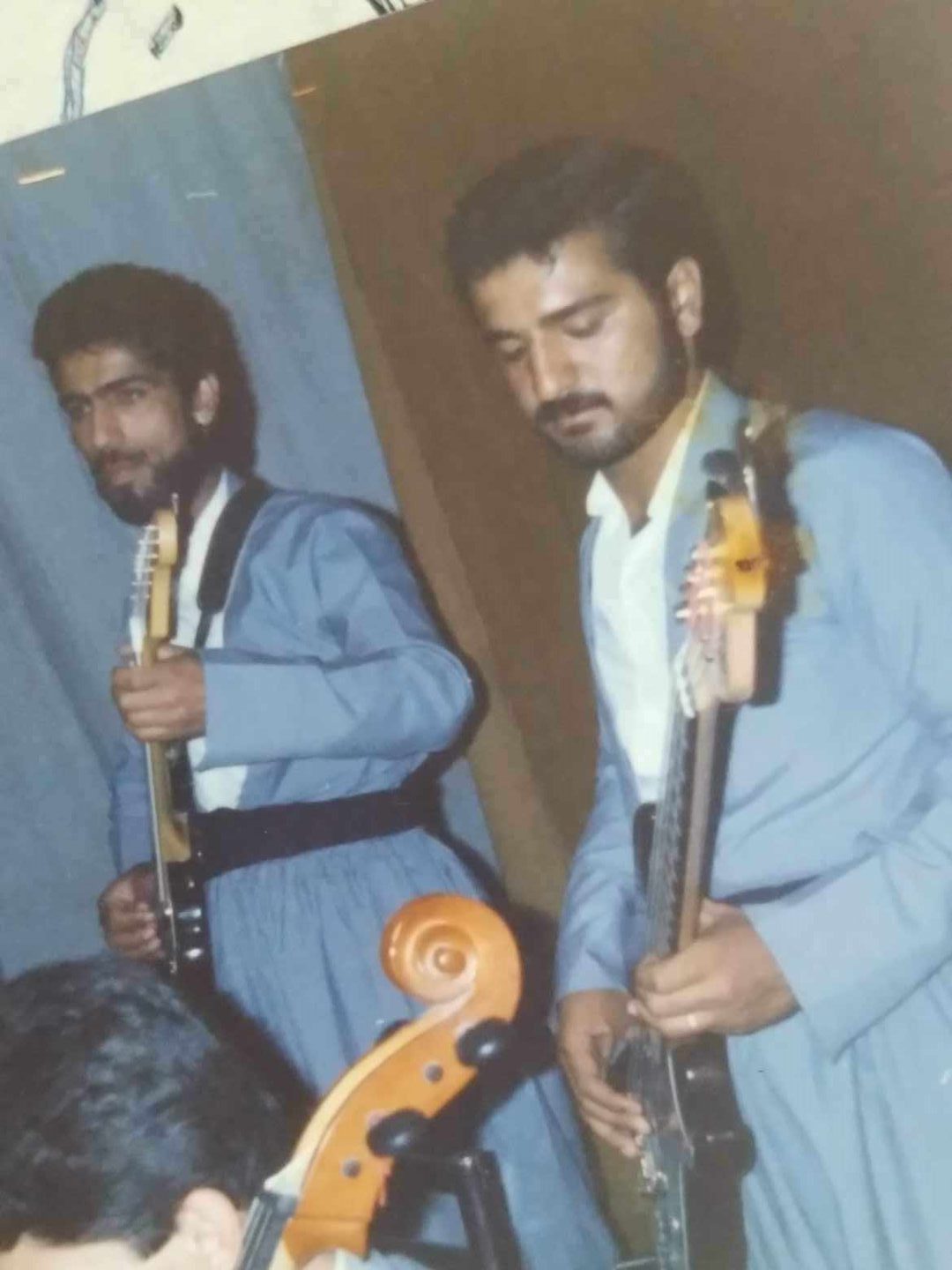
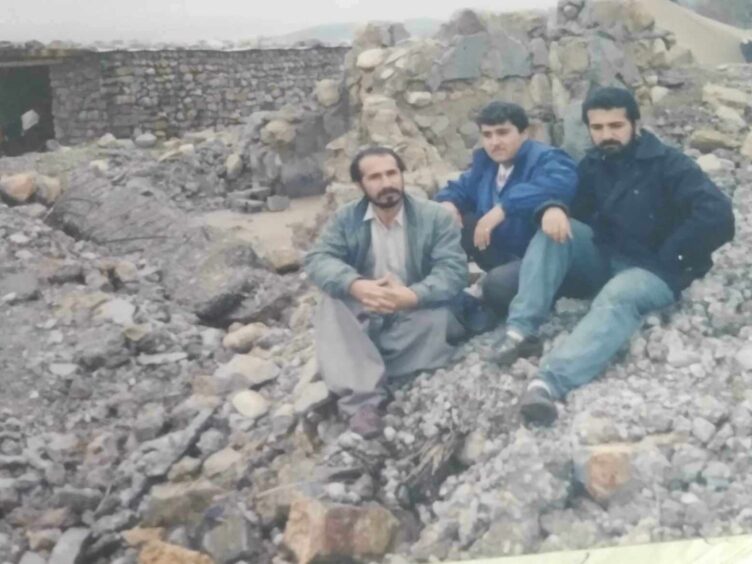
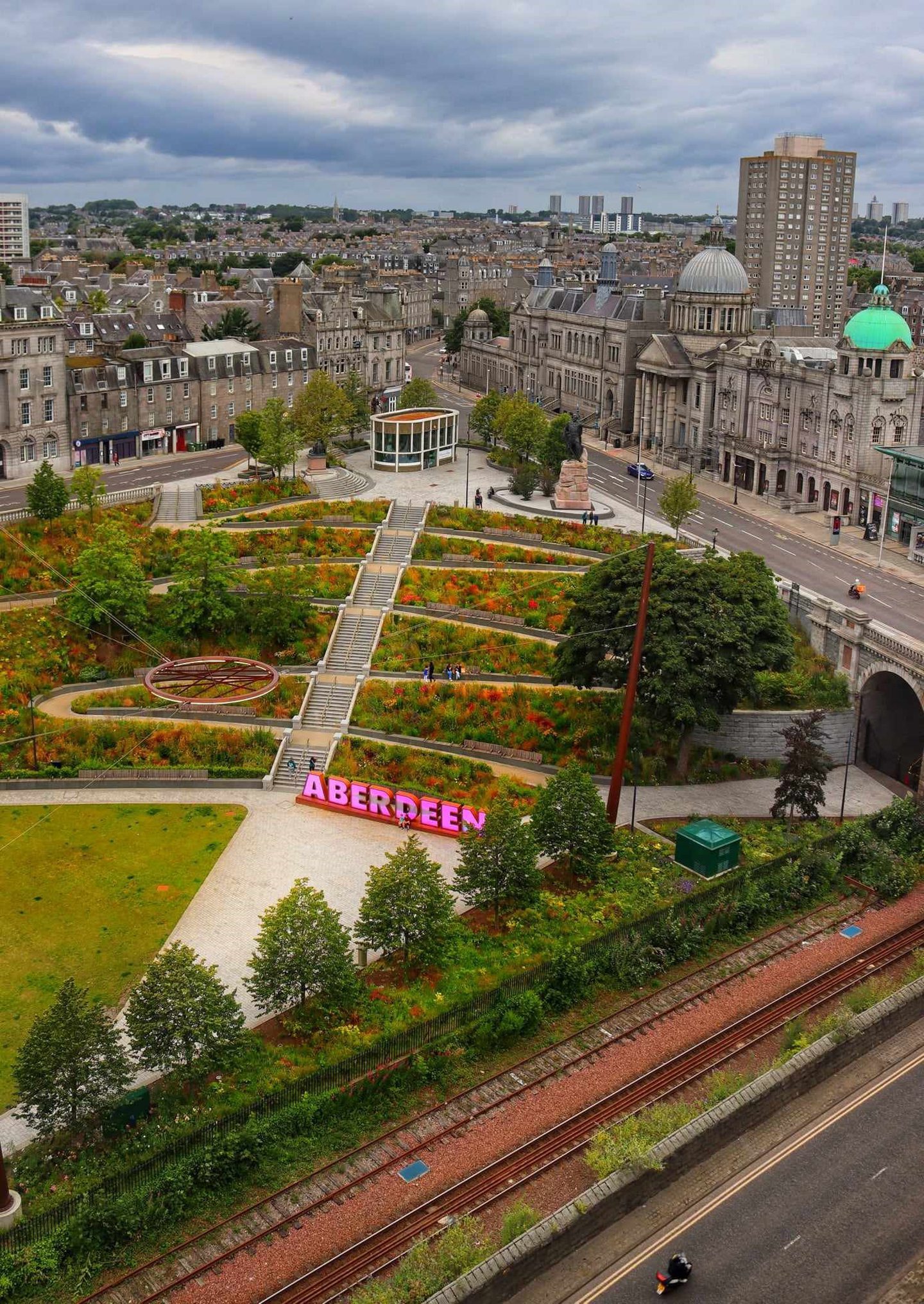
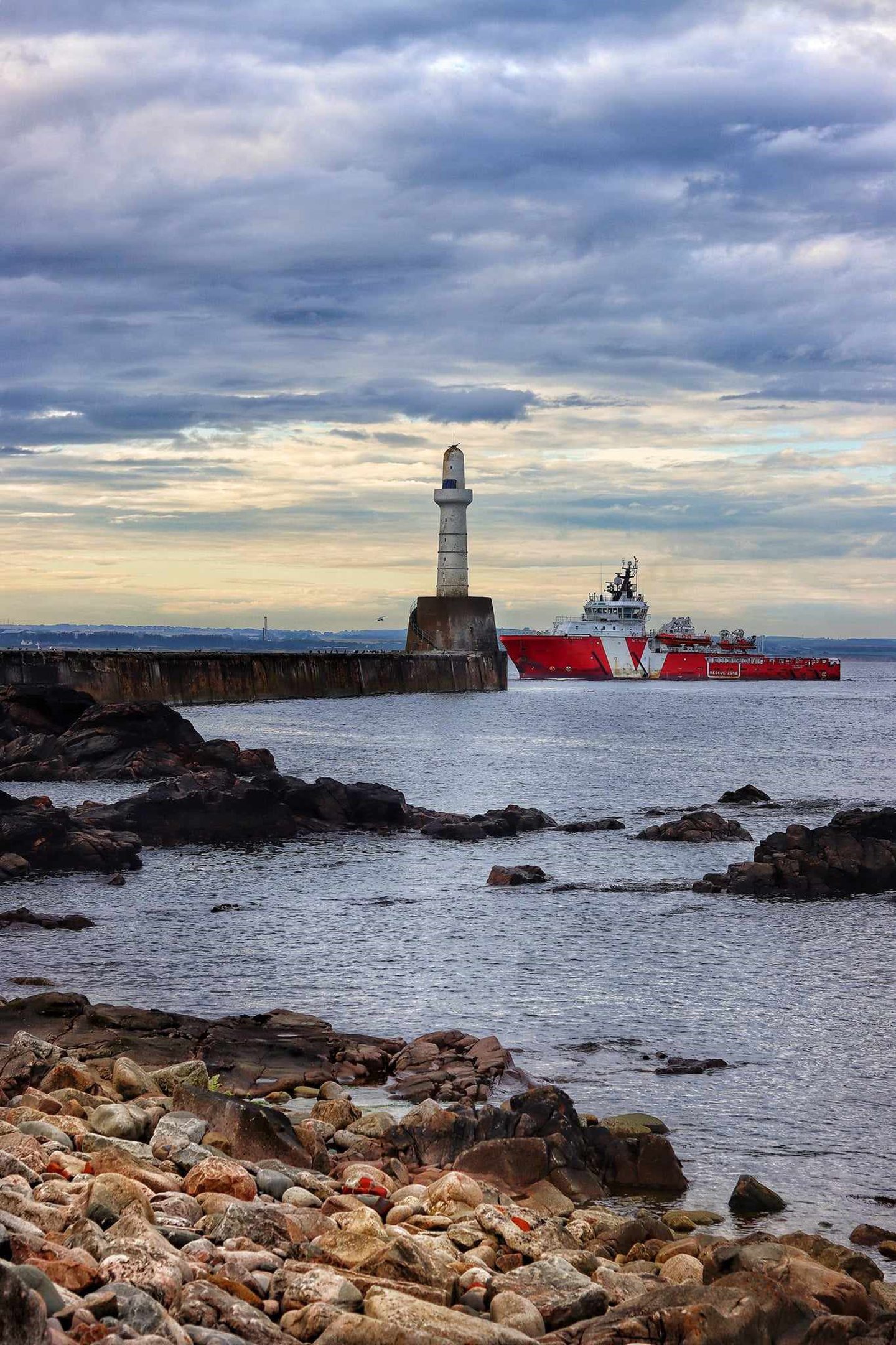
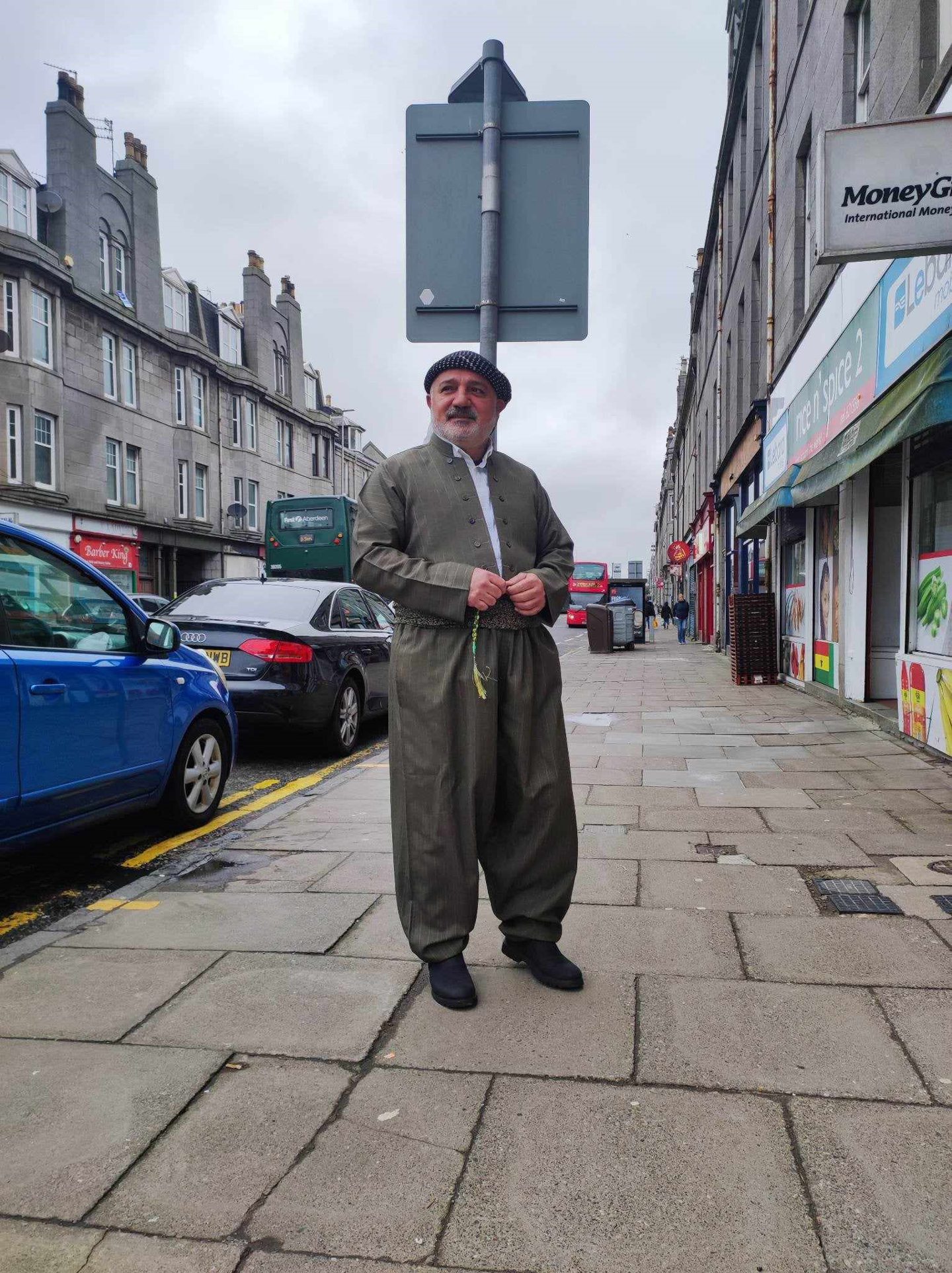
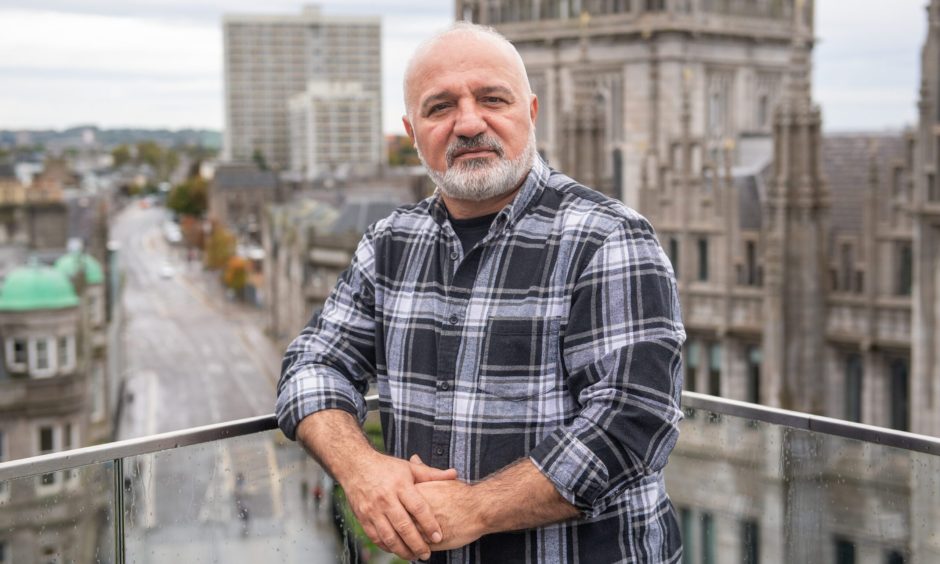
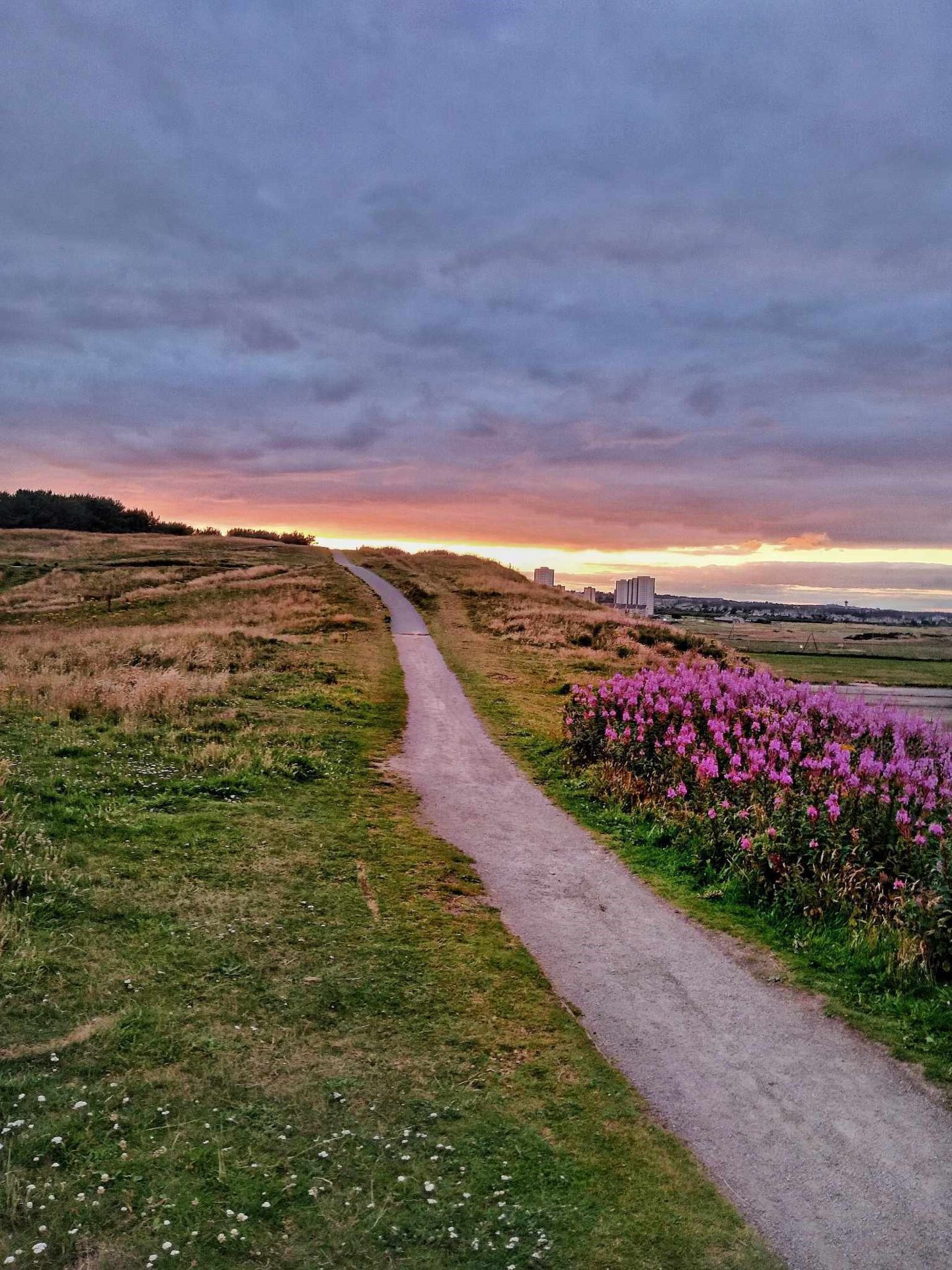
Conversation